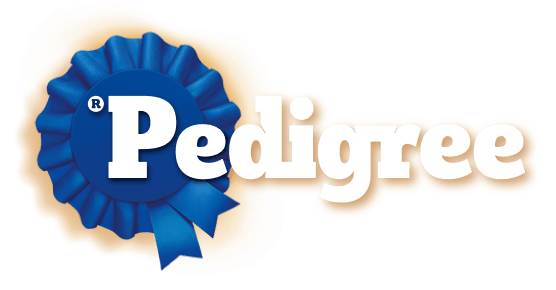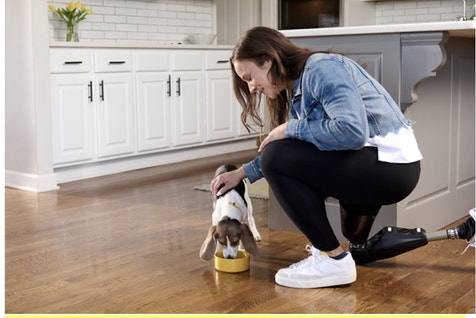
Top 5 Yorkie Health Risks
Smart, lively, and inquisitive, Yorkshire Terriers are lovable companions. But like all breeds, they have their vulnerabilities. Knowing the health risks that affect your Yorkie can facilitate prevention and early detection and, ultimately, help keep him feeling like top dog.
Collapsing Trachea: A dog's trachea can collapse if the cartilage in his tracheal rings is malformed and begins to weaken. As the cartilage weakens, airflow into a dog's lungs becomes more difficult, which can result in a chronic dry cough, shortness of breath, difficulty exercising, and even fainting.
Canine pancreatitis: (opens in new window) Pancreatitis refers to the inflammation of the pancreas and is caused by activation of the digestive enzymes within the pancreas due to pancreatic damage or blockage of its outflow duct. This results in pancreatic auto-digestion, whereby the enzymes destroy the pancreatic tissue. Consult your vet about canine pancreatitis treatment.
Luxating Patellas: This congenital condition (birth defect) affects a dog's knees. A Yorkie may experience difficulty walking because his kneecap pops out of place. This condition can affect both legs and can leave a dog debilitated if he is overweight because of the extra pressure on his knee joints. It also puts additional stress on other ligaments in a dog's knees.
Hemorrhagic Gastroenteritis (HGE): Put simply, HGE is a form of diarrhea. This condition is life threatening for a Yorkie because small dogs dehydrate more quickly than large dogs. If you notice that your Yorkie has bloody or mucous covered stools, severe diarrhea, vomiting, and/or loss of appetite, call your vet immediately.
Liver Shunt: Medically, this ailment is referred to as Portosystemic Shunt. This condition is characterized by abnormal blood flow from the intestine that effectively bypasses the liver. This is a congenital defect that is a result of abnormal vein development. If blood doesn't pass through the liver, toxins make their way through the body and can result in stunted growth, severe weight loss, behavioral and personality changes, and seizures.
Remember, diet and exercise can go a long way toward keeping your dog healthy. You can also talk to your vet about a Yorkie-specific preventive health plan to help minimize illnesses and ailments that affect your favorite dog.




